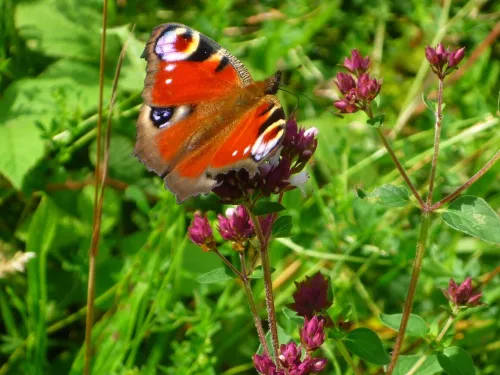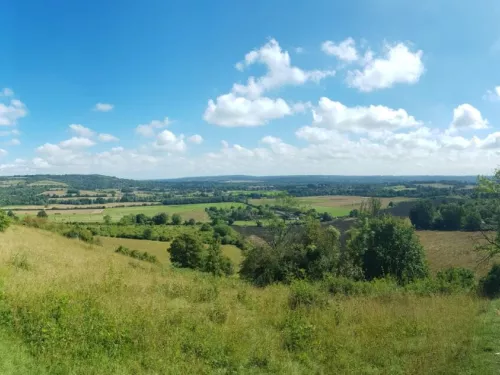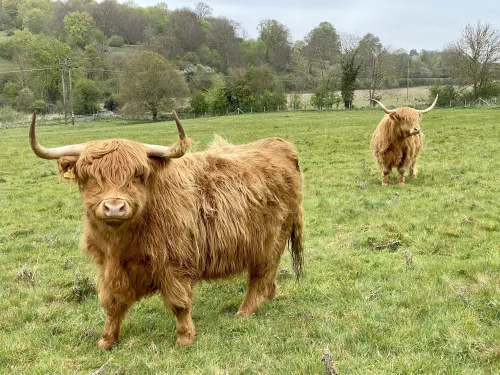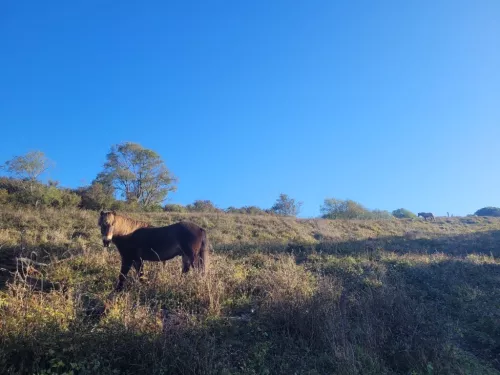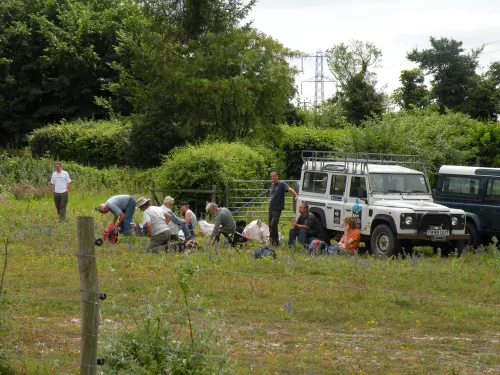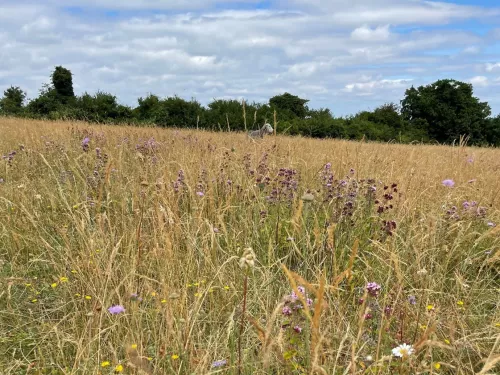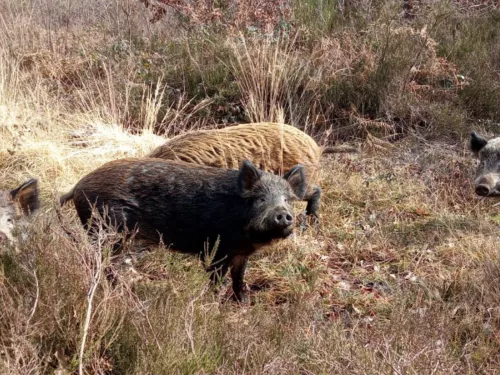
Poisonous plants & grazing animals' natural instincts
In Kent, our grazing animals roam the reserves using their instincts and experience to guide them towards delicious nutritious vegetation and away from potentially toxic plants. This deep-rooted wisdom is a product of evolution and survival instincts passed down from generation to generation but particularly prevalent in the old-fashioned breeds that we use.

